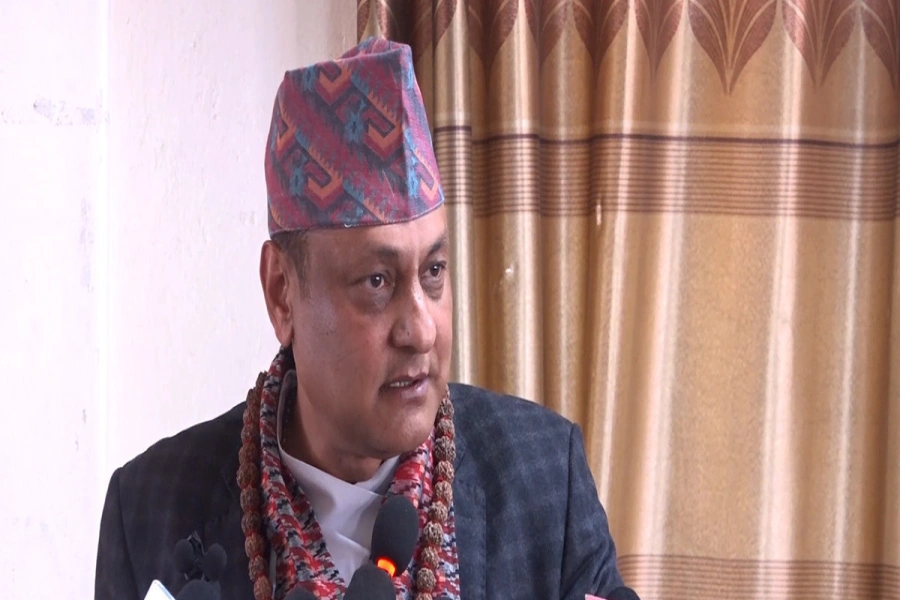The Supreme Court on Friday directed the Office of the Prime Minister and the Ministry of Tourism and Civil Aviation to halt the construction work on the proposed Nijgadh airport in Bara district. The court has summoned the writ petitioners and government representatives on December 15 to discuss the issue. While the court order seems to have cheered the environmental activists, who have been opposing airport construction on ecological grounds, the others including the government ministers seem to be miffed. Responding to the court’s declaration, Minister for Culture, Tourism and Civil Aviation Yogesh Bhattarai has said that he will forward the compelling case for Nijgadh airport before the court and that the government will go ahead with airport construction works. We hope he will.
Take holistic approach to build Nijgadh Int’l Airport

Nature conservationists have long been saying that the airport should be constructed somewhere else, not in Nijgadh because building it in Nijgadh will cause a huge loss to the ecological system and result in felling of more than a half million trees. Their other point of opposition is regarding lack of proper Environment Impact Assessment. Of course, proper EIA should be done before construction works begin. Of course, we need to take into consideration ecological aspects as well. But let us also get pragmatic. Nijgadh airport was conceptualized two decades ago. It could not take off due, among other things, to lack of political will. Now the political class has risen to the need of an international airport outside of the valley. Political leaders, across the party lines, have realized that Nepal needs an alternative airport. This is why, successive governments in the last few years, have showcased Nijgadh as a priority project. We need to begin the work while this momentum is continuing.
Second reason for Nijgadh is also pragmatic. We have long been complaining against air traffic in the skies of Kathmandu. Nearly not a single day passes by without incoming and outgoing flights being held up, delayed or even grounded for the lack of space in Kathmandu. And in case, flights cannot be landed in Kathmandu, we have no option but to reroute them to cities outside of the country. Nepal desperately needs a spacious alternative airport to ease the traffic in Kathmandu and to promote our tourism. Thus our efforts should be concentrated on finding ways to minimize ecological impacts of airport construction. Let us ensure that for every single tree that will be cut down for Nijgadh, there will be replanting of at least two. Let us ensure that ecological system suffers no significant loss. To ward off airport construction, or to defer it endlessly, would be against the development needs of the country. It would be better for both the government as well as the environmental activists to consider this aspect. Investment Board Nepal (IBN) has already shortlisted Zurich Airport International AG for the construction of the airport. The government is also showing readiness to expedite the construction process. As we have maintained in this space in the past, Nijgadh airport has the prospect of becoming an international hub in South Asia. It would be unwise to lose this prospect.




































